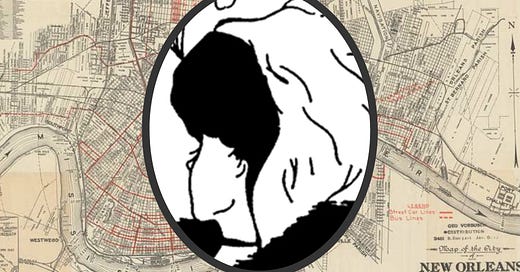Fiction builds its worlds out of only one kind of material: language. But movies (and for purposes of this essay I’m talking about live-action movies) use, for their building blocks, the “real world.” Filmmakers craft a fictional reality out of real human faces, real buildings and structures, real animals, real clothes. Of course a filmmaker can use objects in an unexpected way: a film script might use a set rather than filming on location, disguising one object as another one. But either way, we, the audience, see objects on a screen, recognize them as real, and form a relationship to those objects the way we form a relationship to objects in real life—that is, through direct sensory engagement.
When we read a novel, however, we bear direct witness to only one kind of real-world object: the word. Words do, of course, evoke and symbolize other objects. When a novelist uses the word chair they refer to a certain non-linguistic item that you can see, touch, etc. But that relationship is symbolic—in literature a word stands in for a thing. Actually, to be really precise, letters stand in for words, which in turn stand in for things.
Of course language isn’t only symbolic, and a good literary stylist is interested in language as an object in and of itself. We have associations with words: ghost and shade and phantom share a referent but are not interchangeable with one another. And words carry their own sensory input: are they long or short? Are they staccato or mellifluous? How does it feel to pronounce them? But still. A novelist can only show us linguistic objects, whereas a filmmaker can, and in fact, must, show us many kinds of people and places and things, of which language is only one.
This means filmmakers have to contend with an audience’s preexisting associations in a way that novelists don’t. If a movie stars Nicole Kidman, then there is at least a part of your brain that watches it and goes “that is Nicole Kidman” when she walks onscreen. It doesn’t matter that she’s playing someone else, that in the universe of the movie she is a fictional character and not Nicole Kidman at all. Part of the filmmaker’s job is to collate these two universes, the in-film one and the extra-narrative one, which have to be created from the same source material. It’s like a play in which one actor plays several characters, using one body to be many people. In this sense movies are thrifty in a way books are not. While books create new sentences that don’t yet exist, adding more language to the world, movies largely make use of what’s already in existence. A medium of hand-me-downs.
Keep reading with a 7-day free trial
Subscribe to Wicked Tongue to keep reading this post and get 7 days of free access to the full post archives.





